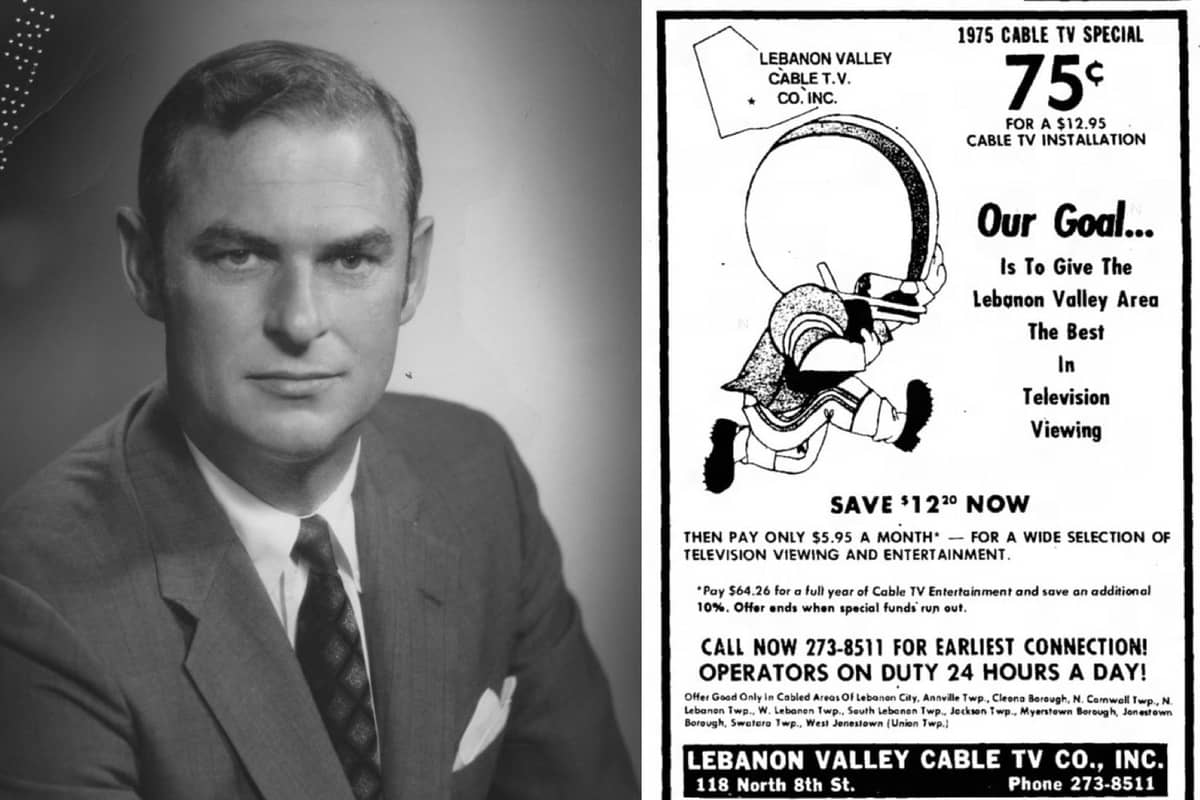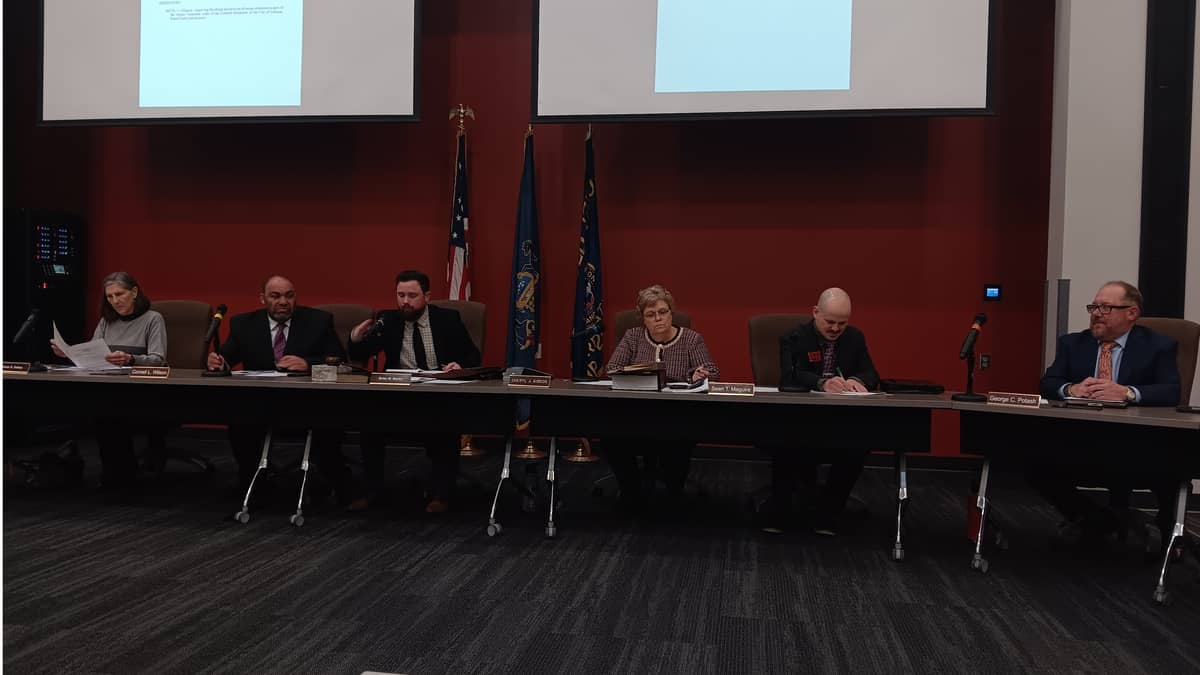This weekend’s death of philanthropist H.F. “Gerry” Lenfest impacted the commonwealth as much as any statesman would.
Lenfest and his wife, Marguerite, donated $1.2 billion to cultural institutions, primarily in Pennsylvania. He personally made possible the Museum of the American Revolution, the unique Inquirer ownership situation, and the Barnes on the Parkway.
Lenfest’s path into the Pennsylvania pantheon evokes Horatio Alger, and surprisingly enough, it has a major stop in Lebanon, PA.
Growing up just over the border in Lambertville, NJ, Lenfest described his time at Mercersburg Academy as his most formative years, and later he was educated at Washington & Lee in Lexington, VA.
After a tour in the Navy out of Norfolk, Lenfest moved to New York for a law degree at Columbia, then briefly passed through big law before landing at the firm of Philadelphia scion Walter Annenberg, Triangle, whose Rotogravure Building today houses the Philadelphia School District. Lenfest first served as in-house counsel for five years before going on to run Seventeen magazine.

He was 44 and had a dream. He loved Annenberg—publisher, power broker, philanthropist—but he was dying to work for himself. His dream was not to have to answer to anybody. And so he asked Annenberg to sell him two cable systems: Suburban Cable in Norristown and Lebanon Valley cable.
“I still see Gerry from time to time, and we share a good chuckle that he left me to go run a cable system from his basement,” the late Annenberg told me back then.
Larry Platt, The Passing of Gerry Lenfest
Lebanon Cable TV Co had been awarded its franchise eight years earlier. A joint venture between locally-owned WLBR and Traingle-owned WLHY-TV, the company offered stations out of Harrisburg, Lancaster, Hershey, and of course, Philadelphia.

WLBR had first gone on the air in 1946. The partnership with WLHY-TV, now WXBU, had about 7,600 subscribers when Lenfest acquired it in 1973, a transaction that involved $1.8 million in bank financing along with $500,000 in private financing through two Lebanon businessmen.
Just before the transaction closed, it almost fell apart. From the cable center history, we learn that the businessmen had a moment of doubt – “Gerry, we’ve been thinking about it, and we just think it’s too risky. You’re not putting up any of the money, and we’ve decided we’re not going to go through with the deal”.
To Gerry’s luck, the two Lebanon ladies there with their husbands excused themselves for a moment, and took their men to the kitchen. In Gerry’s recollection, “I could hear them. ‘It doesn’t seem right,’ the women said. ‘You told Gerry you were going to do the deal and now the night before closing, you change your mind. It just doesn’t seem fair.” Lenfest once said this was his happiest time in business.
The highly-leveraged deal proved a tremendous success. The acquisition came right before the heyday of cable, with the introduction of HBO in 1975 and the suburban cable TV boom into the 1980’s. Lenfest grew the company more than 500% by 1981 to 40,000 subscribers, and the decades that followed so indefatigable deal-making and diversification. By 2000 when Lenfest sold his Suburban Cable TV Co to Comcast, it had 1.2 million subscribers. Comcast now owned its biggest local competitor.
Gerry was once asked to recall the more humorous events that stood out in his business life. He recalled:
I used to sleep on the sofa in Lebanon because I couldn’t afford a hotel room. Some little lady came up to me and said, “What is your background, Gerry?”
Gerry Lenfest, Cable Center Oral History
“Well, I went to Philadelphia and I worked in Philadelphia.” She said, “Well, what do you now?” I said, “I work in Lebanon.”
She thought for a moment and said, “You know, you’re going backwards.”
Backwards Lebanon may have seemed, but for Lenfest it was perfectly suitable launching pad. Knowing the value of hard work, Lenfest not only earned his prize, but felt compelled to share it as well – a great (if not native) Pennsylvanian who will be remembered for centuries to come.

























